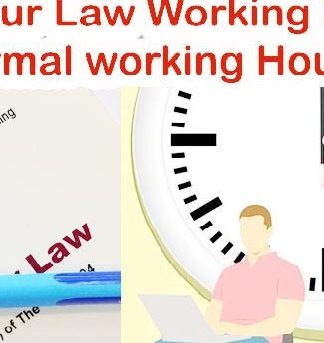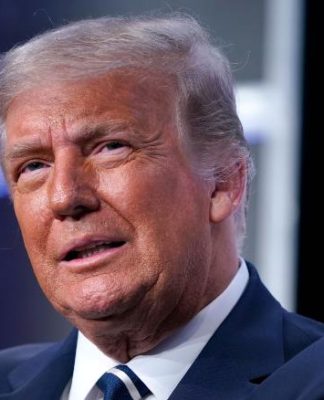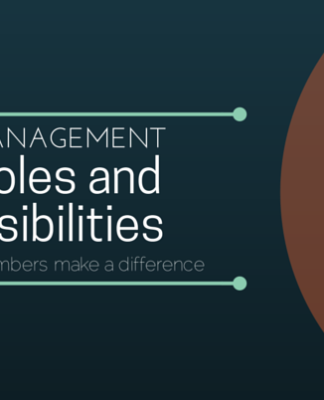Interest rate hits ‘shock’ 5% after 0.5 percentage point increase
The Bank of England’s base interest rate is now its highest in 15 years at 5% but the bank signalled support for further rises.
Ed Conway
Economics & data editor @EdConwaySky
Thursday 22 June 2023 16:34, UK
Listen to this article
0:00 / 7:04
1X
BeyondWords
Audio created using AI assistance
governor of the Bank of England, Andrew Bailey3:40
Play Video – Andrew Bailey on interest rates increase
Andrew Bailey: The UK cannot continue to “have the current level of wage increases.”
Why you can trust Sky News
The Bank of England has shocked economists and investors by raising interest rates half a percentage point to 5% – the highest level since 2008.
Economists had expected the Monetary Policy Committee to raise interest rates by only a quarter percentage point, but the MPC voted 7-2 for the surprise increase, explaining that it was aiming to bring higher-than-expected inflation under control and indicated concern about high wage increases and company profit margins.
It comes after the UK’s official inflation rate failed to fall as expected in May, staying at 8.7% – well above the bank’s 2% target.
In the minutes alongside the decision, the bank said higher inflation, especially services inflation, meant it had to act faster to bring prices under control.
preview image1:09
Play Video – Ed Conway explains BoE interest rates rise
Ed Conway explains the Bank of England’s interest rates rise.
Governor Andrew Bailey later revealed concerns about corporate profiteering and wages.
He has previously suggested that food producers – rather than supermarkets – may be overcharging and said today that wage rises, running at 7.2%, were also feeding inflation.
“We cannot continue to have the current level of wage increases.
MORE ON BANK OF ENGLAND
‘Eyewatering’ hit to 1.4 million, mainly young, mortgage customers ahead, IFS warns
Jeremy Hunt
Chancellor comfortable with recession if it brings down inflation
Bank of England accepts it has ‘a lot to learn about operating monetary policy in a world of big shocks’
Related Topics:
Bank Of England
Interest Rates
“We can’t have companies seeking to rebuild profit margins which means prices continue to go up at their current rates…
“The current levels, I’ll be honest, are unsustainable”, he said.
With other major central banks around the world now slowing the pace at which they’re increasing interest rates, the rate move will be seen as a further sign that Britain is becoming something of an outlier.
SHARE WITH SKY NEWS
Tell us if you’re affected by the rate rise.
:: Your Report on Sky News apps
By sending us your video footage/ photographs/ audio you agree we can broadcast, publish and edit the material.
The UK has higher inflation than any other country in the G7 and is expected to see its interest rates peak higher than other major economies.
Markets expect the bank to carry on raising borrowing costs in the coming months, with interest rates slated to peak at around 6% at the turn of the next year.
In its minutes, the bank reiterated that “if there were to be evidence of more persistent pressures [in inflation], then further tightening in monetary policy would be required”.
Two of the MPC members, Swati Dhingra and Silvana Tenreyro, voted to leave interest rates on hold at 4.5%, warning that inflation was likely to fall rapidly in the coming months and that the full impact of higher bank interest rates had yet to be felt by the wider economy.
Read more
Scale of rate hike is shock therapy for UK’s inflation problem
However, the rest of the committee voted for the half percentage point increase – an increase which none of the economists recently surveyed by financial news outlets had expected.
“There had been significant upside news in recent data that indicated more persistence in the inflation process, against the background of a tight labour market and continued resilience in demand,” the minutes said.
Some will ask, however, whether this faster-than-expected increase will raise the chances of the UK tipping into recession in the coming months.
The bank has yet to update its own forecasts to reflect this – that will happen next month.
Rachel Reeves says Labour has a five-point plan to help people with rising mortgage costs0:53
Play Video – Labour has ‘five-point’ mortgage plan
Rachel Reeves says she would be ‘instructing lenders’ to take certain actions to try and reduce the impact of mortgage increases.
Mortgage pain
Today’s announcement paves the way for more expensive mortgage bills.
Anyone with a tracker mortgage will feel the effect of rises immediately as their mortgage rate is tied to the bank’s base rate.
For those moving to a fixed rate mortgage, they may already have had to sign on to a more costly rate. On Monday, the mortgage rate for the average two-year fixed deal rose to 6% and five-year deals have also been progressively rising.
Shadow chancellor Rachel Reeves accused Jeremy Hunt and Rishi Sunak of “burying their heads in the sand” about the mortgage misery facing householders.
“Families across Britain will be desperately worried about what today’s interest rate rise might mean for them,” she said.
“They want to know that support will be there if they need it.
“Instead, the chancellor and prime minister are burying their heads in the sand and failing to clean up the mess this Tory government has made.”
Labour on Wednesday evening outlined its vision for how to support those struggling with mortgage payments.
Government reaction
Chancellor Jeremy Hunt said: “High inflation is a destabilising force eating into pay cheques and slowing growth.”
“Core inflation is higher in 14 EU countries and interest rates are rising around the world, but the lesson from other countries is that if you stick to your guns, you bring inflation down.
“Our resolve to do this is watertight because it is the only long-term way to relieve pressure on families with mortgages. If we don’t act now, it will be worse later”.
Bringing inflation down
In order to bring inflation down to the 2% target, the bank’s governor said companies cannot increase prices to boost profits and wage rises can’t continue at their current rate, which was 7.2% in the year up to April.
“We expect inflation to come down, this year, to do that we cannot continue to have the current level of wage increases and we can’t have companies seeking to rebuild profit margins which mean prices continue to go up at their current rate,” Andrew Bailey told Sky News.
Related Topics






























